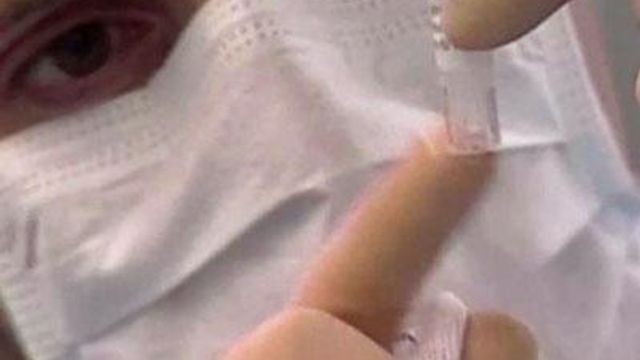Gene therapy could help Parkinson's patients
Parkinson's disease attacks nerve cells in the brain and typically develops after age 50. Gene therapy is not a cure, but could be a breakthrough in helping patients lead better lives.
Posted — UpdatedWalter Liskiewicz loves jazz, but it wasn't his first calling. He gave up his career as a surgeon 16 years ago because of Parkinson's disease.
Medications helped ease his symptoms like tremors, stiffness and difficulty with movement, but eventually they didn't work as well.
So, Liskiewicz volunteered for the first gene therapy experiment for Parkinson's. Billions of copies of a specific gene were inserted directly into his brain to hopefully reverse his symptoms.
“We're putting in a gene to change the way these cells actually function,” said study co-author Dr. Michael Kaplitt, of New York-Presbyterian/ Weill Cornell Medical Center.
Parkinson's disease attacks nerve cells in the brain and typically develops after age 50. Gene therapy is not a cure, but could be a breakthrough in helping patients lead better lives.
“As a group, the patients that got treated did much better. And about half of the patients in the treated group did dramatically well, had a moderate to large improvement in their symptoms,” Kaplitt said.
Liskiewicz was one of the treated patients. His wife says he still struggles with symptoms, but he's doing much better.
“I'm just excited he's back. We've dialed the disease back probably 10 years,” Liskiewicz’s wife Constance Smith said.
Scientists say now that they've reached this milestone, they can proceed to the final study and eventually make the treatment available to more people with Parkinson's.
Researchers are also hopeful this new therapy could lead to treatments for other neurological conditions like Alzheimer's disease, depression and epilepsy.
• Credits
Copyright 2024 by Capitol Broadcasting Company. All rights reserved. This material may not be published, broadcast, rewritten or redistributed.





